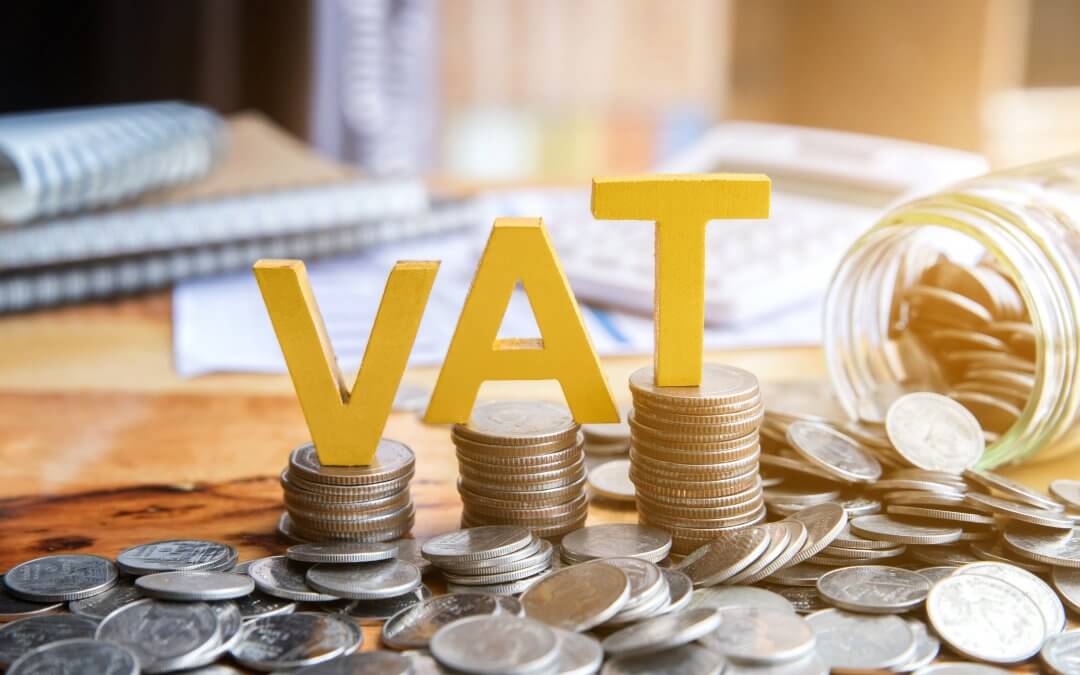Businesses whose turnover exceeds £85,000 have to register for VAT under the rules set by HMRC.
By registering for VAT, businesses will receive a VAT number and can charge VAT on services sold to customers and reclaim VAT on goods and services brought for the business, from other businesses
However, businesses are finding themselves waiting longer than expected for their VAT registration to be completed and receive their VAT number.
This is due to a combination of Brexit, which affected import VAT rules (more info here) as well as delays that are a result of COVID-19, applications are taking longer than the stated 30 days to process and, in some cases, taking up to 60 days!
To make matters worse on the subject, due to lockdowns and COVID restrictions, businesses have been finding it difficult to predict when they’ll reach the £85,000 VAT threshold, and sometimes going over it without realising, then once they do realise, they are still experiencing delay is becoming VAT registered.
This can lead to a late registration penalty which increases with time, although this penalty can be cancelled if there is evidence of a valid reason which prevented registering on time
How to avoid VAT registration delays
The best thing to do to avoid VAT registration delays like so many other businesses is to be prepared. Try to predict when you’ll likely hit the £85,000 VAT threshold. If this is proving difficult, contact your accountant who will be able to help.
In the meantime, HMRC has released their guidance on how to avoid the delays that you can see in full detail here. When you submit your application, you must make sure you follow the below bullet points to avoid common mistakes that will cause further delays to your application:
- Addresses provided on the application must match the business’s principal place of business;
- Notification of a trade classification must match up with the work that the business itself carries out;
- The VAT liability of trading should be correctly identified;
- Invalid signatory for the application – e.g. for a corporate body it must be a director, company secretary or authorised signatory or an authorised agent;
- Invalid dates on the application – e.g. does the effective date of registration requested match up to the circumstances that have been outlined for requesting registration elsewhere in the application?
- The bank account details provided must be in the name of the taxable person
If you’re a sole trader and looking into registering for VAT. It might want to consider becoming a limited company. Generally speaking, limited companies stand to be more tax-efficient than a sole trader because rather than paying income tax, you’ll pay cooperation tax. Before you make any decision about changing the legal structure of your business, it’s worth asking your accountant or working out for yourself that it will be more tax-efficient by registering as a limited company. Once you’ve done this, we have a great range of formation bundles to sort all kinds of businesses and a customer support team on hand to answer any questions you might have.
Click here to make sure your business name is available to register as a limited company!

